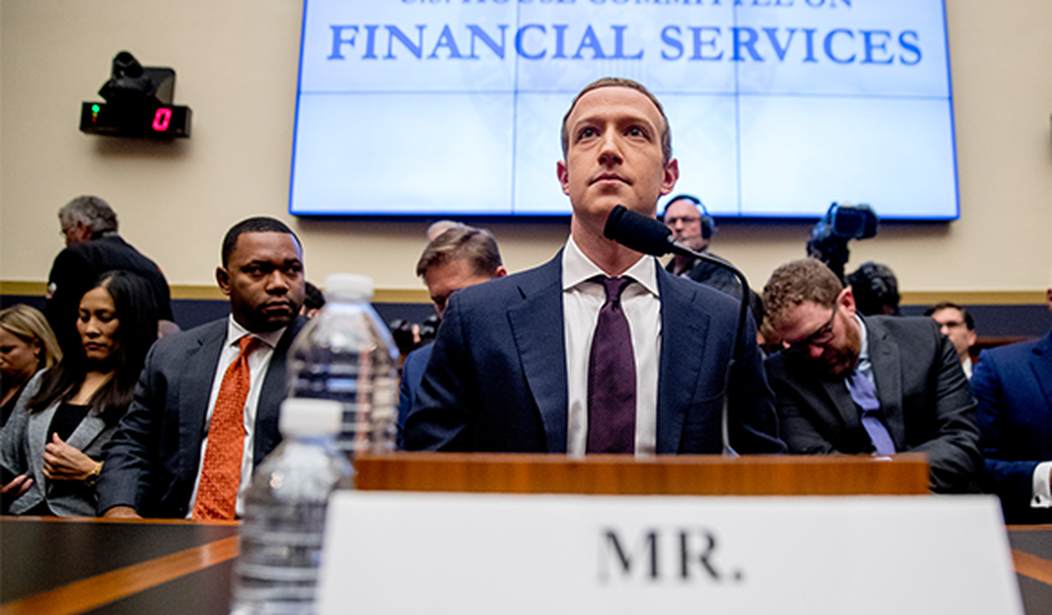The saying “if you’re not paying for it then you’re the product” is a popular explanation for why some Internet services, like the Google apps, Facebook, Twitter, etc., let users join them for “free.” The situation is better understood when restated as “the users supply the content and the giant Internet platforms monetize it.”
Big Silicon has become mind-blowingly rich by selling advertising and data mining access to content provided by billions of ‘members.’ In return, the members receive the privilege of being ‘allowed’ to upload their videos, post their rants, share their snaps, and do reportage on these magnificent sites.
Ever since users captured the 2004 tsunami on their brick cell phone cameras, it is Joe Ordinary, not Robert Capa or Margaret Bourke-White who records breaking events. Joe Ordinary creates videos, literature, and memes, and documents occurrances at a level of detail never seen before. It is the users who plant the flowers in Internet walled gardens like Facebook and mostly for nothing.
These users are for the most part happy to provide grist for the Big Silicon mill: real-time location data, family lineage, search engine history, email content, and, soon, their immunological information—all for a smiley. And Big Silicon is perfectly happy to keep selling the data to corporations, law enforcement, and big pharma. But if the man on the street is happy getting nothing, the professional content providers are not. Australian media providers are asking for a slice of Facebook’s pie.
Facebook has gone nuclear in its long-running battle with the Australian government over news content. Australia is considering legislation that would require Facebook to pay to link to Australian news stories. In response, Facebook has announced a wide-ranging ban on users linking Australian news content.
The ban means that Facebook users in Australia can no longer make posts that link to news articles—either in the Australian media or internationally. Meanwhile, users outside of Australia can’t post links to Australian news sources. The ban has already gone into effect, as I discovered when I tried to post a link to The Sydney Morning Herald on Facebook:…
In a blog post, Facebook argued that this proposal “fundamentally misunderstands the relationship between our platform and publishers who use it to share news content.” Facebook argues news sites benefit from the traffic Facebook sends them far more than Facebook benefits by linking to news sites. Facebook says that last year it sent 5.1 billion free referrals to Australian publishers—traffic the company estimates is worth AU$407 million ($315 million).
It’s become a tug-of-war between the giants. Naturally, as Bugs Bunny famously said, this means war. ‘”We will not be intimidated’: [Australian] PM takes Facebook fight to India and the world,” bannered the Sydney Morning Herald. Joe Biden is now watching two pillars of the China-containment quad alliance lock horns with his own social media allies.
But there is yet another adage that throws light on the situation: “When thieves fall out, honest men come by their own.” The quarrel between the Murdoch press and Facebook may be of no concern to ordinary users — except of course to those Australians who built their web presence on Zuckerberg’s site and can’t link to anything at all — but it has alerted everyone to just how powerful the Silicon Valley giants have become.
An article by Reuters’ Aditya Kalra describes how secret Amazon documents show the company plotting to kill off the smaller Indian retailers.
Amazon favored big sellers on its India platform – and used them to maneuver around rules meant to protect the country’s small retailers from getting crushed by e-commerce giants, internal documents show. As one presentation urged: “Test the Boundaries of what is allowed by law.”
NEW DELHI – It was early 2019, and senior Amazon.com Inc executive Jay Carney was preparing for an important meeting. The former press secretary to U.S. President Barack Obama, Carney was scheduled to talk with India’s ambassador to the United States in Washington, D.C. In Delhi, the Indian government had just announced foreign direct investment regulations that threatened to disrupt Amazon’s business in the world’s second most populous country.
Before the meeting, Amazon employees prepared a draft note for Carney. The note, reviewed by Reuters, advised Carney what to say – and what not to say.
Whatever the outcomes of these conflicts, the public has suddenly become aware of the fact that big tech can intimidate mere puny countries. And if Facebook can disappear Australia, Amazon re-architecture India, and just maybe Google rule the world, then could this enormous power already have been used to affect Western politics?
These are subversive questions and they continue to multiply: who owns Joe Ordinary’s data? Are the tech giants publications or mere carriers like the phone company? Have they been spying on us? Who runs this show anyway? All these suggestions have been planted in the user’s mind and thorns are beginning to grow in the Walled Garden.
Books: Lifespan: Why We Age – and Why We Don’t Have To Dr. David Sinclair reveals that everything we think we know about aging is wrong, and shares the surprising, scientifically-proven methods that can help readers live younger, longer.
Follow Richard Fernandez at Wretchard.com










Join the conversation as a VIP Member